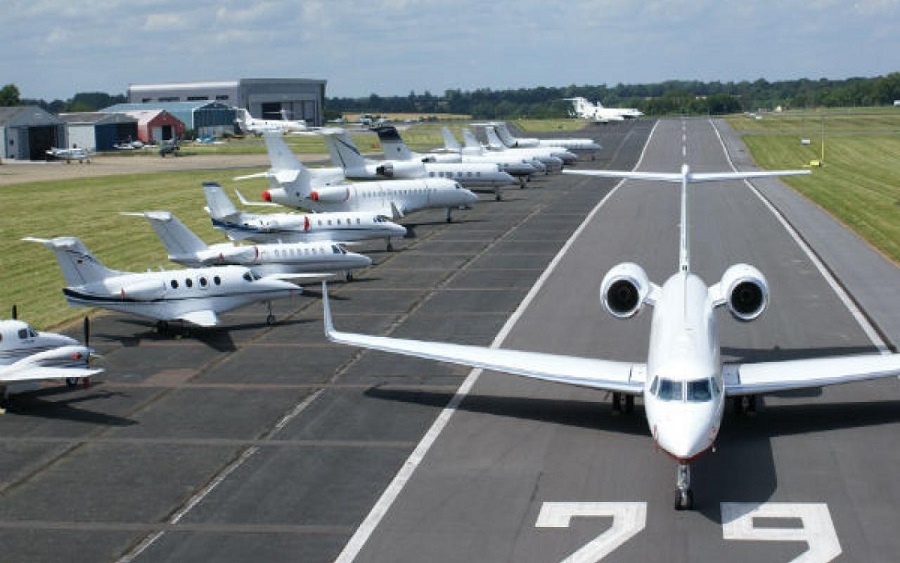The Nigerian Aviation sector has witnessed the good, the bad and the ugly. From a sector that could boast of about 40 active domestic airlines, to an ailing sector with only 23 active domestic airlines.
A great number of them either folded up due to operational pressure or were taken over by the Asset Management Corporation of Nigeria (AMCON) due to illiquidity.
Why Arik Air, Aero, others failed or were taken over
Aviation regulator and experts, in separate interviews, told Nairametrics that several airlines could not survive under their owners due to several factors. Some of them are lack of corporate governance, bailout funds, unfriendly business environment, high cost and nature of maintenance among others.
The General Manager, Public Affairs, Nigerian Civil Aviation Authority (NCAA), Sam Adurogboye, told Nairametrics in an exclusive interview that many of the airlines failed due to lack of corporate governance on the part of their former managers.
READ: NCAA meets airlines over N22 billion debt, to implement payment plan
According to him, many Founders interfered in the day to day administration of the organisations and in some cases, they would abandon passengers and run errands for elites.
He said, “There are times some of them abandoned passengers to pick newly wedded couples abroad and such cost was on the company. In other instances, the founder would sit as the Chairman but want his wife and children to be directors regardless of whether or not they were qualified for the role.”
READ: Why new airlines find it difficult to get certified, fly in Nigeria – NCAA
Lack of friendly business environment
Capt. David Olubadewo, Managing Director, Starburst Aviation Limited told Nairametrics that aviation in Nigeria is a very difficult business because the environment is unfriendly.
He said, “Although the government has the role to provide an enabling environment for players, it is not something that has to do with the government alone.”
Contrary to the claim that Nigeria does not have qualified personnel to handle maintenance, he argued that the nation has lots of very qualified people. “There are lots of engineers in the United Kingdom and the United States who are Nigerians. We have people that are overqualified, but we lack the skills to execute the right policies to grow the sector.”
READ: Allen Onyema: From a lawyer to founder of Nigeria’s leading airline
Access to cheap funds
Olubadewo added that some banks believe that aviation is too difficult to invest in, but that is wrong, as it is not different from other sectors.
“Everyone is in business to make profit – and that has pushed interest rate to the roof.”
Sharing his personal experience, the former youngest pilot said, “I don’t obtain loans from Nigerian banks, because I will end up with -25% loss or more, but that is not happening in the UK where I pay far less interest rate.
If I take such a loan in Nigeria, it means I am -28% (interest rate) in red, and by the time you get to the top, you are owing millions. I cannot approach any of the banks to give me local money to do business in Nigeria.”
READ: FG moves to curb leasing challenge faced by airlines
Bottomline
In 2017, the government took over the management of Arik Air and Aero Contractors. According to the Minister of Aviation, Hadi Sirika, the airlines were going through difficult times that were attributable to their bad corporate governance, erratic operational challenges, inability to pay staff salaries and heavy debt burden among other issues.











